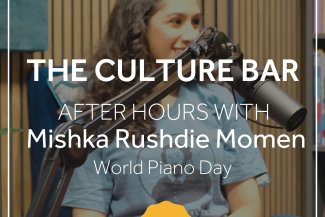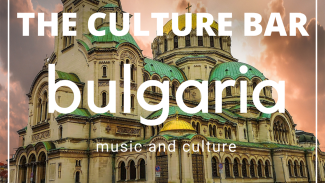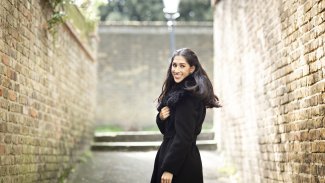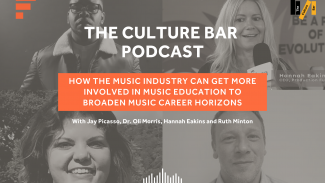The Culture Bar — After Hours: Mishka Rushdie Momen
28/3/2023

After hours chat with British pianist Mishka Rushdie Momen
In this Culture Bar Podcast, we are delighted to welcome recent signing Mishka Rushdie Momen to the studio. To celebrate World Piano Day and Mishka recently joining our roster, we talk all about how she first discovered the piano, the importance of music education, her passion for art and some of her favourite composers and pieces to perform.
Mishka was interviewed by HarrisonParrott’s Digital Communications Officer, Lauren O’Brien.
After Hours chats are a spin-off series from The Culture Bar, discussing issues relating more broadly to the arts and culture sector.
The Culture Bar is a podcast series created by HarrisonParrott focussing on conversations in culture and the arts.
Find us on Spotify, iTunes, Google Podcasts, YouTube, Podbean, Deezer, Stitcher, Pocket Casts and all good podcatcher sites.
Use #theculturebar or follow us on Twitter @_TheCultureBar to keep up with our latest releases


